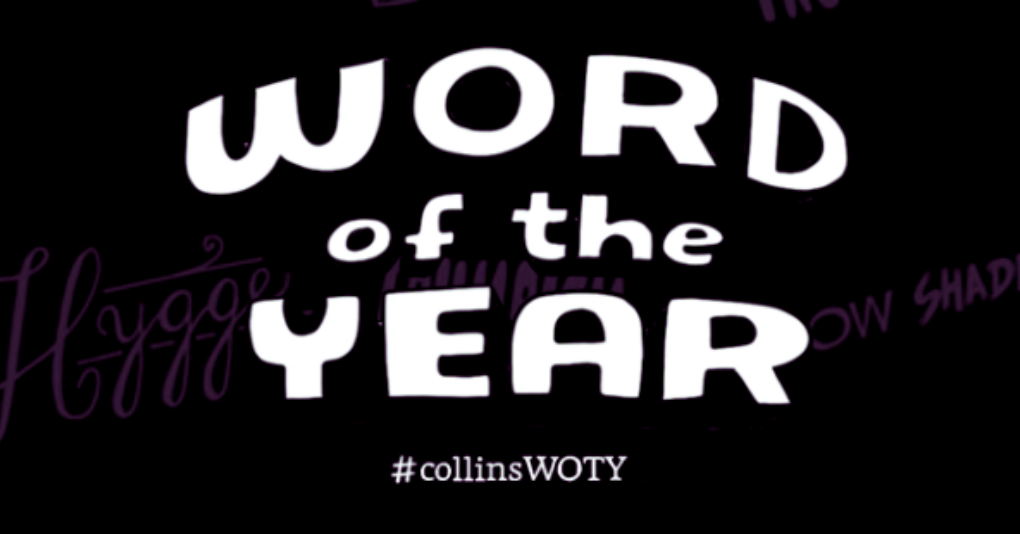A degree is no longer the sole route to success in today’s market. Many individuals are turning to self-taught, high-income skills such as coding, digital marketing, and copywriting.
These skills, often learned online for free, offer flexibility, strong earning potential, and alternative career paths driven by expertise, creativity, and the ability to deliver results.
Digital Marketing
Digital marketing plays a central role in helping businesses attract and retain customers. This includes social media management, search engine optimisation (SEO), email marketing, content creation, and paid advertising.
It is a results-driven field. If you can drive traffic, generate leads, and boost sales, your value increases, regardless of formal education.
Free platforms like Google Digital Garage, HubSpot Academy, and YouTube channels offer step-by-step guides. Start with one area, such as SEO or social media, then expand your skills over time.
Copywriting
Copywriting is the craft of writing text that encourages people to take action. It could be a website headline, a product description, or an email newsletter.
What matters most is your ability to write clearly and connect with the audience.
You can learn by studying great ads, rewriting copy for practice, and taking online courses on sites like Udemy and Skillshare. A strong portfolio will help you land freelance gigs or agency roles.
Web Development
Web development remains one of the most in-demand skills worldwide. It involves building websites and apps using HTML, CSS, JavaScript, and frameworks like React.
You can get started with free platforms such as freeCodeCamp, The Odin Project, or Codecademy.
After completing a few projects—like a portfolio site or a simple app—you can begin freelancing, apply for entry-level roles, or contribute to open-source communities.
Graphic Design
Graphic design is used in everything from advertising to social media. The role involves creating visual content that supports a brand’s identity and message.
You can use tools like Canva, Figma, or Adobe Express to practise. To build on your knowledge, explore free tutorials on YouTube or enrol in low-cost courses on platforms like Coursera.
Start by designing sample projects to build your portfolio. A solid portfolio can open doors to freelance work or full-time design roles.
Video Editing
The demand for video editors has grown with platforms like YouTube, TikTok, and Instagram Reels.
Editing tools such as CapCut, DaVinci Resolve, and Adobe Premiere Pro are accessible and widely used. Free tutorials can guide beginners through the basics.
Start by editing your own videos or volunteering to help creators and small businesses. Editors who understand pacing, storytelling, and audience needs often command higher rates.
Sales and Negotiation
Sales is a skill that applies in every industry. It involves persuading people, building trust, and closing deals. Strong negotiation skills also help in salary discussions, business deals, and project pitches.
Books like “Sell or Be Sold” by Grant Cardone and “To Sell is Human” by Daniel Pink are useful resources.
You can gain experience by joining internships, entering mock challenges, or selling products online. Practice improves confidence and performance.
Content Creation
Content creation includes blogging, podcasting, video production, and more. With time and consistency, creators can earn through ads, sponsorships, and digital products.
Success depends on delivering useful content and building an audience. You do not need a certificate—what matters is sharing your knowledge or documenting your journey in a way that connects with people.
A personal brand grows with consistent content and audience engagement, leading to income opportunities.
Project Management
Project management helps teams deliver results on time and within scope. It involves setting goals, organising tasks, and managing team efforts.
You can learn project management through free or low-cost courses on Coursera, LinkedIn Learning, or YouTube. Tools like Trello, Notion, and Asana are widely used in the field.
Certifications like CAPM or Scrum Master add credibility. However, employers value practical ability to organise work and guide teams to success.
Share this post





Be the first to comment on this post